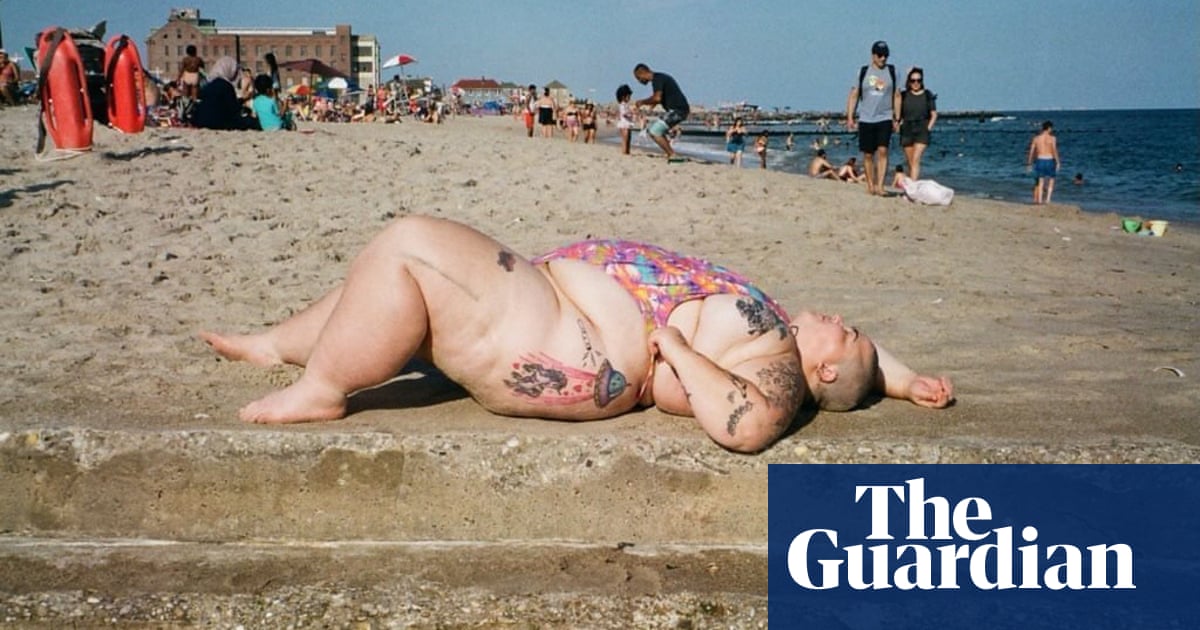Jacob Riis Beach hosts the day of body positivity and fun, in the city at the heart of the fat acceptance movement
Fat Beach Day events are springing up across the US in an effort to fight back against fat-phobia, reclaim safe spaces for the community and honor plus-size culture. Today, one of these celebrations is being held to coincide with Pride month at Jacob Riis Beach in New York, a location deeply ensconced in the city’s activism space.



Have you tried recumbent bicycles? they are a lot easier on my lower back, and there are some real fun designs out there like trikes that could make bicycling a reality again. Or swimming, when I hurt my knees and couldn’t run/bicycle without pain, I started swimming laps, and holy cow is that a lot of exercise if you’re not used to it.
Additionally, refined sugar is addictive. I know my previous comment might lead you to believe I have no sympathy for wider folks, but I truly do. I’ve lost 100lbs over a year once. I gain back when I go through periods of depression, and then I force myself to lose weight again. Over last holiday season I was separated from my family and spent it entirely alone. I gained about 25-30 lbs. Since then, I’ve restricted my calorie intake to around 1200-1500 calories a day, with around an hour of exercise also each day. I’ve lost ~25 lbs since starting that in March. I know how hard losing weight can be. I’m also a (former) addict, so I know how hard quitting something that’s ubiquitous throughout society can be (alcohol). But it can be done. Sugar is addictive just like alcohol is, which is why Jenny Craig modeled her fitness groups after AA.
The problem is that losing weight is uncomfortable at first. You’re hungry because your stomach is all stretched out, despite taking in enough calories for the day. It takes time for your stomach to shrink to the proper size, so for the first couple weeks, you’ll be eating all your body needs, but it will feel like you’re not. and it’s uncomfortable. Weigh this discomfort against all the discomfort that being overweight has constantly provided, and decide which one you’d rather live through. The temporary discomfort of feeling hungry and not knowing what to do with your hands after you’re done eating for the day (and only for the first couple weeks of dieting), or the constant discomfort all over your body and in your own mind, every day that you’re overweight.